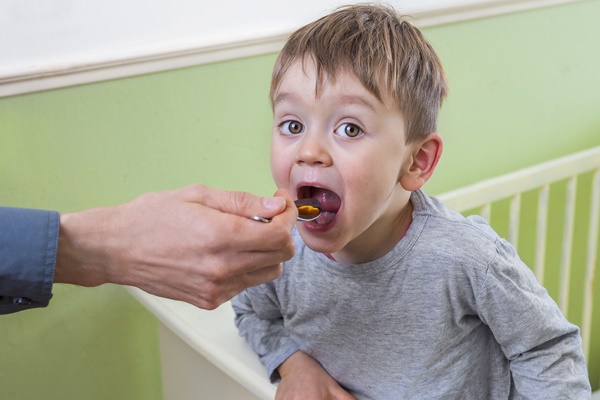
SPONSORED
Have you as a parent experienced the benefits of antibiotics first hand and are absolutely sold? Have your fussy, feverish toddler made a dramatic turnaround within just a day or two after starting a course of antibiotics, and are you tempted to run to your doctor for another antibiotic at the first hint of your child’s next illness?
When your child is sick it is only natural that you want them to feel better as soon as possible. Be wary, though, because all that glitters is not gold. There are certainly moments when antibiotics are needed. However, these moments can, and should be, few and far between. The overuse and misuse of antibiotics in kids has been highly criticised in recent years … and for good reason.
Antibiotics are one of the greatest inventions of all times and save millions of lives. Understandably doctors and parents want our superhero, wonder drug to come to the rescue whenever an infection sickens a child.
While antibiotics definitely are essential when dealing with a bacterial infection, the reality is that many childhood illnesses are caused by viruses that can’t be treated by antibiotics. In fact, 85% of the time, illnesses are due to viruses!
Studies have shown that doctors often prescribe antibiotics before they know whether an infection is viral or bacterial. Remember that antibiotics completely wipe out all bacteria in your child’s gut. (Yes, the bad as well as the good bacteria). Gut health is essential to a strong immune system; frequent use (more than twice a year) can set the stage for repeated infections. Bacteria can build up a resistance to antibiotic use when used improperly or too frequently. When that happens, treating an infection becomes a whole lot more challenging. The immediate side-effects can include upset stomach, diarrhoea and – in some cases – allergic reactions.
How do you know when your child needs antibiotics?
Remember that antibiotics can only treat bacterial infections. The following are some basic guidelines.
Bacteria cause:
• Most ear infections.
• Some sinus infections.
• Strep throat.
• Urinary tract infections.
• Skin infections.
• Wound infections.
• Some gastrointestinal infections.
• Illnesses such as pneumonia, meningitis, scarlet fever and Lyme disease.
Viruses cause:
• All colds and flu.
• Most cough or bronchitis.
• Most sore throats.
• Most gastrointestinal infections.
• Many childhood illnesses such as rubella, chicken pox, measles, mumps etc.
• Illnesses such as hepatitis, HIV (AIDS), herpes.
Keep in mind that a viral infection may temporarily or permanently weaken your child’s immune system, increasing the risk of a secondary bacterial infection.
What’s a parent to do?
Keep a very open dialogue with your child’s paediatrician. Make sure that they’re only prescribing an antibiotic for a real bacterial infection. Antibiotics should never be taken to address viral illnesses, or even as a preventative to something that has not happened yet.
Doctors often feel the pressure to prescribe antibiotics when they think the parents expect the prescription. When a child receives an unnecessary antibiotic it puts them and the people around them at risk of infection with resistant bacteria which are often serious and difficult to treat. Share your concerns with your doctor and make the final call.
Remember, prevention is always the best medicine. Keep your child’s immune system strong by providing a healthy diet. Also, catch illnesses early; this will often result in zero antibiotics needed.
Talk to your health care provider about supplementing you child’s diet with probiotics during, and maybe after a course of antibiotics. Probiotics are naturally occurring intestinal bacteria with numerous beneficial properties. When consumed in adequate amounts, it will improve the intestinal microbial balance and positively affect the functioning of your little one’s intestinal tract and general health.
So, it’s back to decision making 101. Unless we drastically change the way we use antibiotics, they may become of no benefit to anyone. You and your paediatrician have to work together to decide what is best for your child. Your first concern is the health and safety of your little one, and no, antibiotics are not always the answer.




 Publications
Publications
 Partners
Partners









